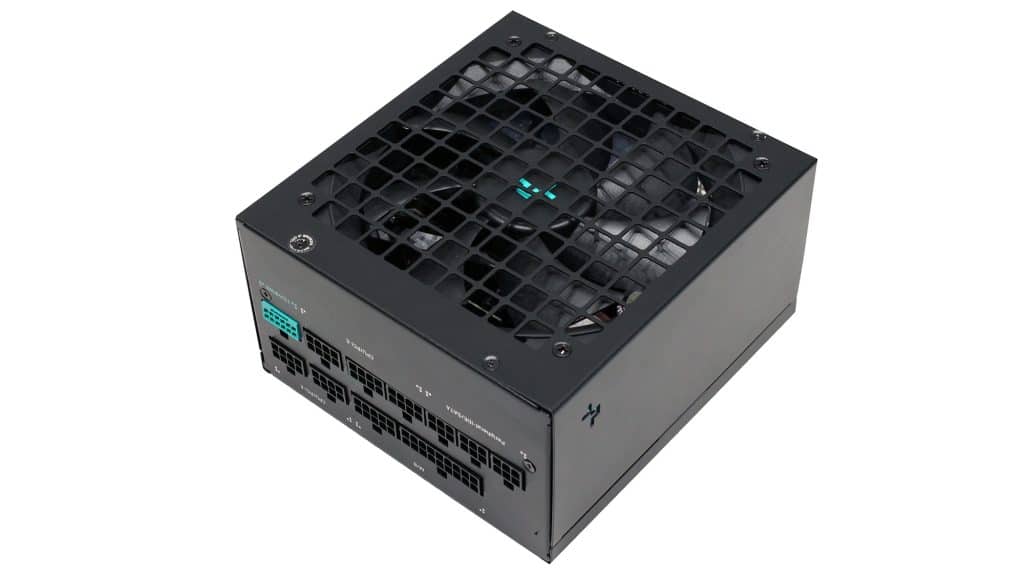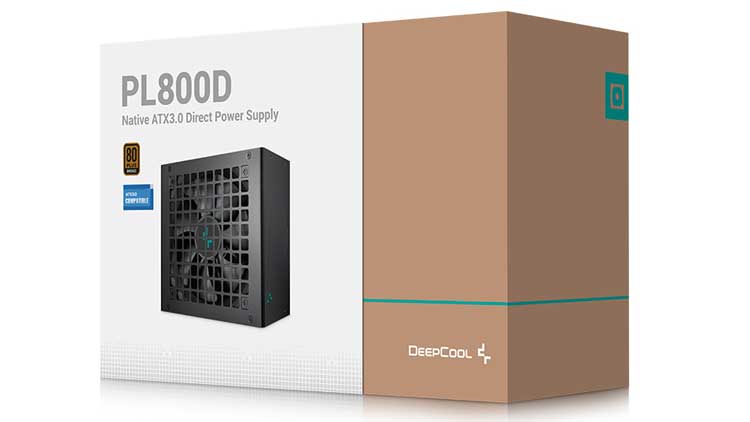Epilogue
The Deepcool PX1000G achieves high overall performance, which aligns with most competing offerings. Despite the non-restrictive fan grille and relatively clean PCB design, the only problem is the high noise output at increased loads. DeepCool needs to adjust the fan accordingly and make any required changes in parts and the PCB’s design. At 115V and up to 480W, the unit’s fan won’t operate at normal operating temperatures, and you should expect loud noise (>35 dBA at one meter) at loads above 780W.
The PX1000G has the same price as the Thermaltake GF3 1000W, with both units sharing the same platform and being covered by the same ten-year warranty period. With ten dollars less, you can get the Montech Titan Gold 1000W, which also uses the CWT CSZ platform, is slightly less noisy than the PX1000G, and is supported by a ten-year warranty. If you want something that won’t hurt your ears, the Corsair RM1000x Shift is among the good choices in this category. The Vetroo 1000G5 and the Seasonic Vertex GX-1000 also scored low average noise in my tests, but I got reports from users about coil-whine issues. In general, lately, more and more users complain about coil whine issues in ATX v3.0 PSUs, and with the first chance, I will run some tests to find the cause behind this. According to my friend Jon, the resonant tank is to blame for this, and you cannot thoroughly check it by using simulated loads. A real system is required running 3DMark Time Spy Graphics test 2. My objection is that most high-end GPUs generate coil whine at high FPS, so it is not the only PSU to blame.
To check all alternative PSU offerings, read my Best ATX v3.0 PSUs article before investing in a new power supply. You help me a lot by using my affiliate links, which don’t increase the product’s price. I get a commission from Amazon every time you do it, which can make a difference for me, especially now that I am on my own, working exclusively for my media and not for someone else.
- Delivered full power at 47°C
- Good performance
- ATX v3.0 and PCIe 5.0 ready
- Properly configured OCP at 12V and OPP
- Good ripple suppression
- High build quality
- Silent operation at light and moderate loads
- Highly efficient at light loads
- Longer than 17ms hold-up time
- Low vampire power
- Alternative Low Power Mode (ALPM) compatible
- Low inrush current at 115V
- Fully modular
- Enough connectors, including a 12VHPWR (600W)
- Adequate distance (150mm) between peripheral connectors
- FDB fan
- Ten-year warranty
- APFC converter needs tuning for better performance
- Below 16ms power ok signal
- High OCP on the minor rails
- Not so efficient 5VSB rail





Deepcool PX1000G (160€) or Corsair RMx SHIFT 1000W (200€)? Thank you so much for your work!
Deepcool unless you need Corsair’s side panel so much.